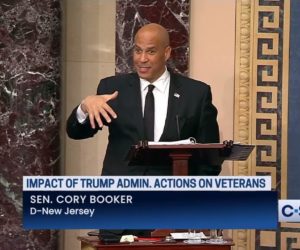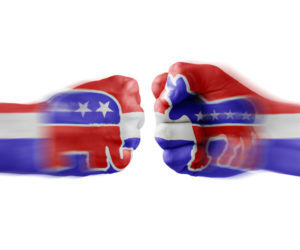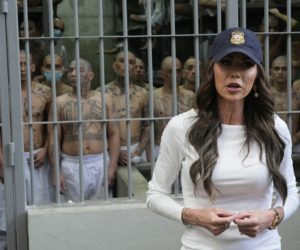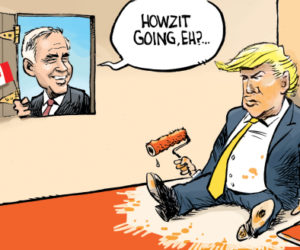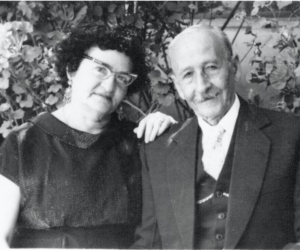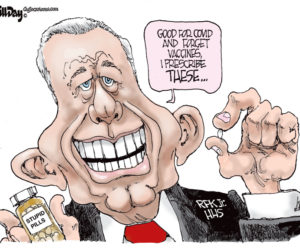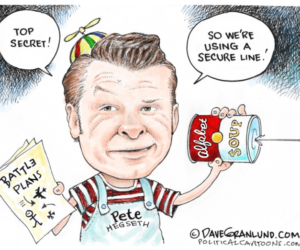Secretary of Defense Robert M. Gates delivered a lecture at Duke University last week on the all-volunteer force. The separation between the “narrow sliver of our population” that serves and the rest of us is growing:
We should not ignore the broader, long-term consequences of waging these protracted military campaigns employing – and re-employing – such a small portion of our society in the effort…. [W]hatever their fond sentiments for men and women in uniform, for most Americans the wars [in Iraq and Afghanistan] remain an abstraction. A distant and unpleasant series of news items that does not affect them personally. Even after 9/11, in the absence of a draft, for a growing number of Americans, service in the military, no matter how laudable, has become something for other people to do. In fact, with each passing decade fewer and fewer Americans know someone with military experience in their family or social circle. According to one study, in 1988 about 40 percent of 18 year olds had a veteran parent. By 2000 the share had dropped to 18 percent, and is projected to fall below 10 percent in the future.
Where they come from:
Studies have shown that one of the biggest factors in propensity to join the military is growing up near those who have or are serving. In this country, that propensity to serve is most pronounced in the South and the Mountain West, and in rural areas and small towns nationwide – a propensity that well exceeds these communities’ portion of the population as a whole. Concurrently, the percentage of the force from the Northeast, the West Coast, and major cities continues to decline.
In a piece making the case for academies (over the ROTC), Michael Nelson concurs:
More than 40% of the officer corps is now composed of Southerners, in large part because of where ROTC units are located. For example, even though Alabama has one-fourth the college population of New York City, it currently hosts Army ROTC units on ten campuses while New York has units on only two. Much has been written in recent years—some of it by Ricks—expressing alarm over a growing civilian-military divide that shows up most dramatically in surveys revealing that nearly two-thirds of officers are Republicans and less than a tenth are Democrats. (Thirty years ago the officer corps consisted mostly of self-described Independents.)
Both via James Fallows, who is impressed by speeches from Gates on weapons, strategy, and national interest:
[C]ompared with other Cabinet officials in recent memory, he’s done a better and more sustained job of laying out a way to think about major national issues…He closed by “speaking about another narrow sliver of our population, those attending and graduating from our nation’s most selective and academically demanding universities,” and urging them to consider national service. ROTC might be coming back to their campuses, he said, but that “will not do much good without the willingness of our nation’s most gifted students to step forward. Men and women such as you.”
Another reason we need to end DADT; and another reason why it is so difficult to do.

